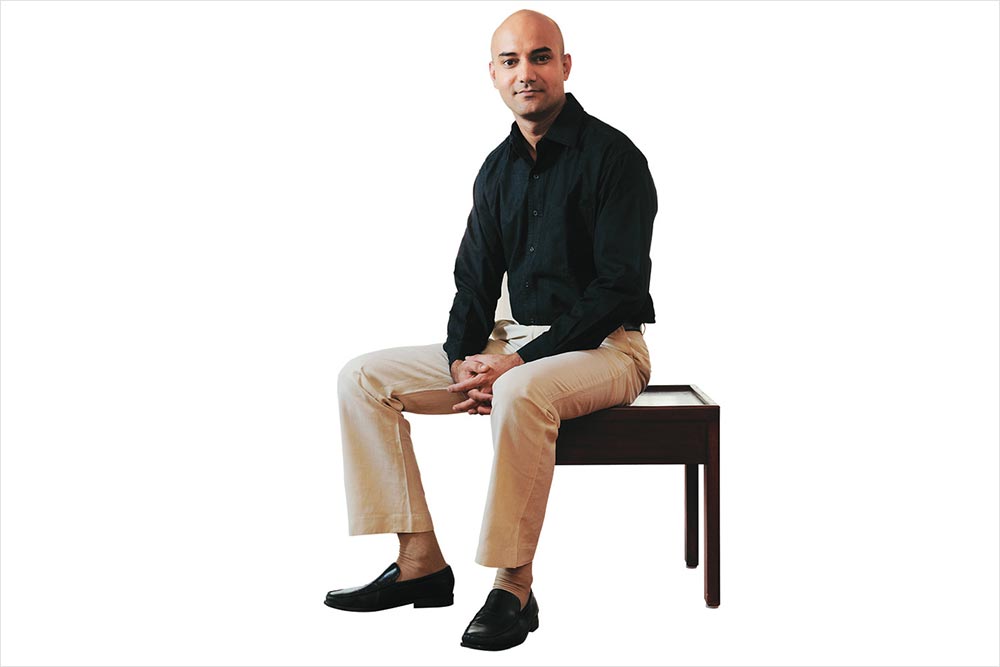Consider the case of Samir, a 30-something executive who came to me with problems in public speaking. He said to me, “I would like to deliver more compelling and creative presentations. But the feedback I get is that my talks are quite boring and are not inspiring.”
During therapy, I observed that when he spoke about his work and career, his language and posture changed subtly, becoming more formal and stiff, even aloof. But when I asked him to reflect on his childhood, to think of the sights, sounds and smells associated with the carefree times in his life, he relaxed visibly and the tension in his body dissipated, even his tone became more relaxed, and his vocabulary was more colloquial.
Samir learned with some surprise that creativity and playful irreverence — both of which would enhance his presentations — were locked away in his psyche and that he could access those thoughts only when he brought himself into a carefree, relaxed emotional state.
As he learned to integrate the creative part of his psyche into his work, his presentations became more powerful and authentic. He became a more effective and powerful leader.
All of us are a constellation of multiple selves. I am not referring to the pathological state that psychiatrists call a ‘multiple personality disorder’, but to the fact that thoughts and memories are located in different psychic compartments that can be accessed only when we are in an emotionally compatible state. In order to harness your potential at work, spend some time considering your emotional state at work, and change this to better suit the outcome that you desire.
Simply put, to think creatively, you have to first feel creative. In order to write an inspiring speech, you have to first feel inspired. Don’t try to think harder, just start to feel differently. Emotions are the key to intellectual potential.











